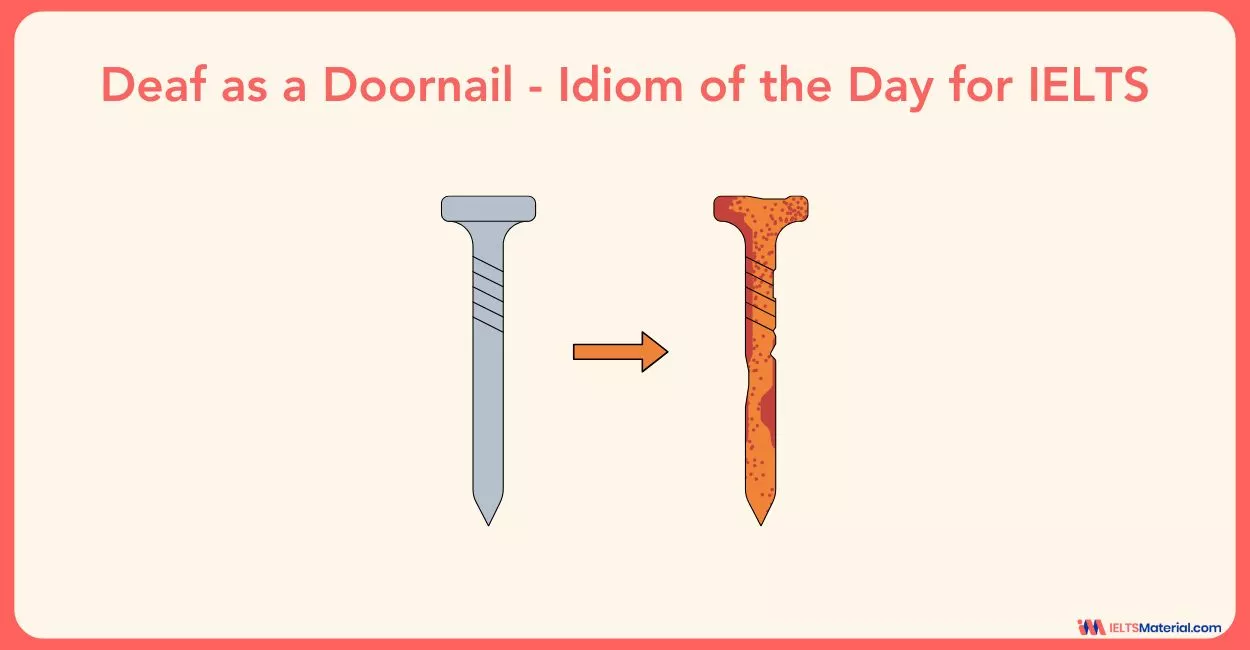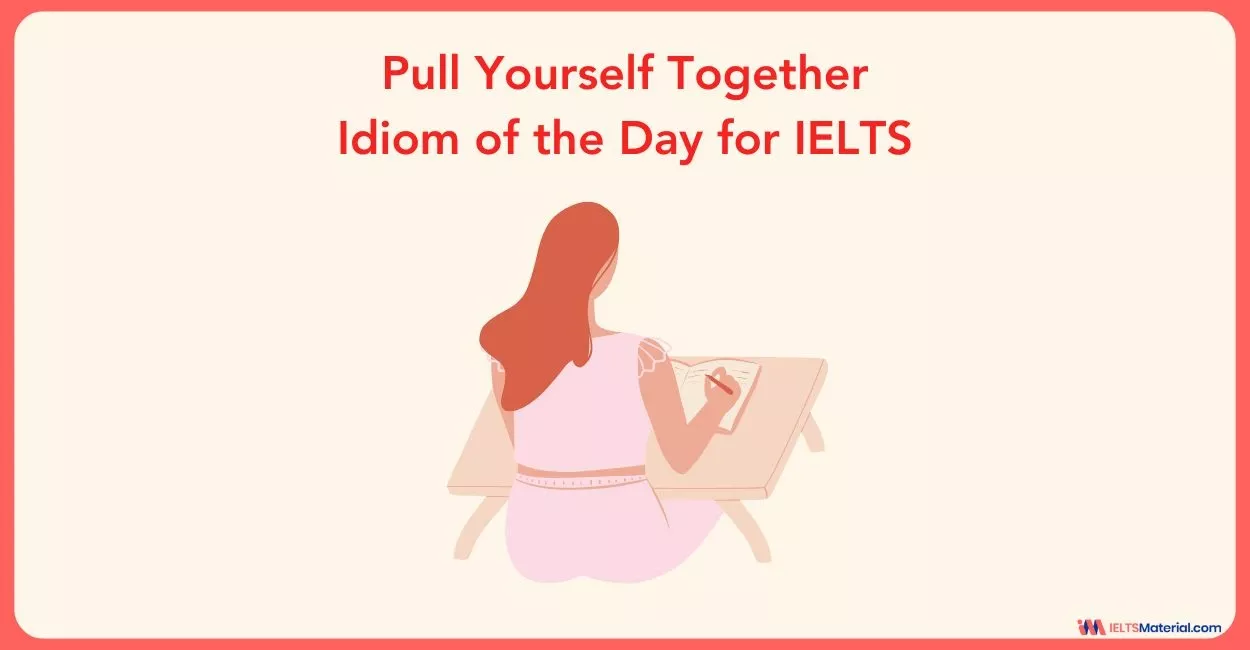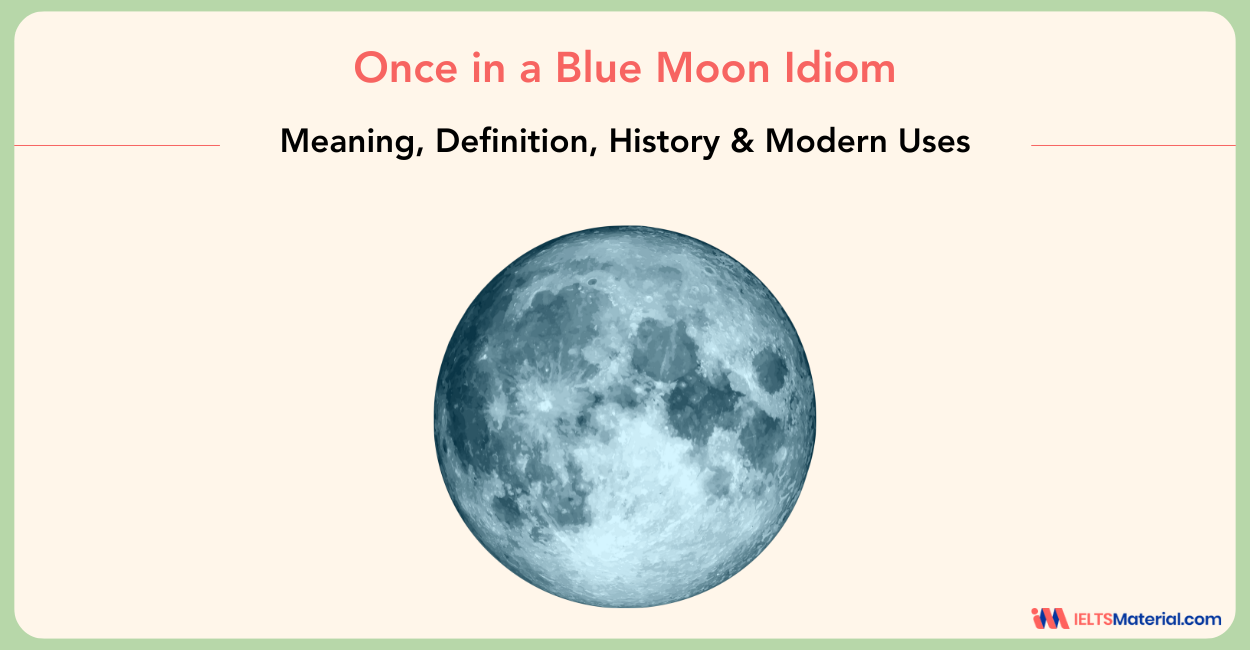Pull Yourself Together - Idiom of the Day for IELTS
4 min read
Updated On
-
Copy link
Do you think you know what the idiom 'Pull Yourself Together' means? Explore its meaning, origin, and real IELTS Speaking & Writing examples now to boost your lexical resources in no time!
Table of Contents
- Meaning of the ‘Pull Yourself Together’ IELTS Idiom
- Where Did the Idiom ‘Pull Yourself Together’ Come From?
- Synonyms of the ‘Pull Yourself Together’ Idiom
- Antonyms of the ‘Pull Yourself Together’ Idiom
- A Sample Scenario to Use the Idiom ‘Pull Yourself Together’ in the IELTS Speaking Cue Card
- Common Mistakes to Avoid While Using the ‘Pull Yourself Together’ Idiom
- Examples to Understand the Usage of the ‘Pull Yourself Together’ Idiom in Sentences

Limited-Time Offer : Access a FREE 10-Day IELTS Study Plan!
Properly making use of suitable idioms in your speech while conversing in English in an everyday setting will clearly enhance the way you convey an intended message.
One of the commonly used idioms these days is ‘Pull Yourself Together.’ This is especially used by many in both casual and professional discussions, mainly when talking about picking up one's self when they are already down; That is what makes it perfect for the IELTS exam.
In this article of ours, we will learn the meaning, origin, and usage of the ‘Pull Yourself Together’ idiom, along with examples of how to use it to your advantage when preparing for the IELTS Speaking and Writing!
Meaning of the ‘Pull Yourself Together’ IELTS Idiom
This idiom “pull yourself together” means to directly regain control over one’s emotions, calming down, and behaving in a calm and composed manner, mainly after being upset, sad, shocked, or stressed.
The idiom is often used to encourage a person to stop panicking or overreacting and then to deal with a situation in their right mind.
In the IELTS Speaking or the IELTS Writing task, this particular idiom is ultimately useful when discussing stressful experiences, personal challenges, or certain ways of overcoming difficulties.
For example:
“Before my cousin’s IELTS Speaking test, she was really nervous, but then I advised her to take a deep breath and made her pull herself together.”
Where Did the Idiom ‘Pull Yourself Together’ Come From?
This idiom dates back to the late 18th century. At the first, “pull together” meant to then coordinate or to organize things.
Over the time, this phrase evolved into “pull yourself together” and suggested that an individual should “gather” their scattered emotions or their thoughts that are all over the place into a composed state.
Today, this is a common idiom in both British and American English, it used in personal, professional, and also in academic contexts.
Get a list of unique Idioms to excel in your IELTS exam! Book a Free Demo
Synonyms of the ‘Pull Yourself Together’ Idiom
- Calming down
- Compose yourself
- Getting a grip
- Collecting yourself
- Regaining composure
- Controlling your emotions
- Steadying yourself
Antonyms of the ‘Pull Yourself Together’ Idiom
- Falling apart
- Losing control
- Breaking down
- Panic
- Getting flustered
- Being hysterical
A Sample Scenario to Use the Idiom ‘Pull Yourself Together’ in the IELTS Speaking Cue Card
In the IELTS Speaking Part 2, if you are asked to describe a time when you properly overcame a challenge, you can say:
“During my very first presentation at college, I was so nervous that I even forgot my opening lines. Anyways, I quickly pulled myself together, then took a deep breath, and continued my speech. In the end, my presentation went really well.”
This answer fits the idiom perfectly and naturally because it shows a shift from nervousness and then to composure.
Get your hands on this IELTS Vocabulary Ebook to expand your word list for your IELTS test!
Common Mistakes to Avoid While Using the ‘Pull Yourself Together’ Idiom
-
Using it literally
This doesn’t mean physically you start pulling your body together. It is only about controlling emotions.
-
Applying it in a wrong context
It is suitable for stressful or emotional situations and not everyday actions like preparing for dinner or an outing.
-
Using incorrect variations
The proper form is “pull yourself together,” and not “put yourself together.”
-
Overusing it in a formal writing
It is very acceptable in the IELTS Writing or IELTS Speaking but should be used sparingly to keep a formal tone.
Examples to Understand the Usage of the ‘Pull Yourself Together’ Idiom in Sentences
- Right after receiving the bad news, he cried for a while but then he pulled himself together and focused on finding proper solutions.
- We need to pull ourselves together before an interview since the employers appreciate confidence.
- She was shocked by the accident, but she pulled herself together and helped the injured.
- My friend pulled herself together after failing once and prepared harder for her next IELTS attempt.
- Teachers often tend to encourage students to pull themselves together right before their final exams.
- “I’m still sad about my pet dying, but I have to put myself together and go on.”
- “She was very upset because of a bad mark in the final exam. However, when she received a gift as a consolation from her father, she put herself together and try to work harder.”
- “You have to put yourself together, and then I will talk to you about your behaviour.”
Getting a hold of idioms like ‘Pull yourself together’ not only enriches your vocabulary but also helps you sound more natural and fluent in IELTS Speaking. Practice using such expressions in real-life contexts to boost your band score.
If you’re aiming for a higher band score, make sure to practice idioms in context and check out the IELTS Exam Preparation Tips for Band Score of 8+ to further enhance your vocabulary and overall test performance.
Also Check:
- Play It By Ear Idiom: Meaning, Origin, Usage & Exercises
- The most Common Idioms to Boost Your IELTS Score – Topic : Help and encouragement
- Cash-flow Problem - Idiom of the Day for IELTS
- Once in a Blue Moon Idiom: Meaning, Definition & Synonyms
- A Leopard Cannot Change His Spots – Idiom of the Day for IELTS
- Get the Picture – Idiom Meaning, Examples & IELTS Speaking Practice
- Common Idioms List for IELTS Speaking
- Useful Idioms for IELTS Speaking to Score Band 8.0+
Explore IELTS Resources

Start Preparing for IELTS: Get Your 10-Day Study Plan Today!
Recent Articles

Kasturika Samanta

Prity Mallick

Nehasri Ravishenbagam





Post your Comments